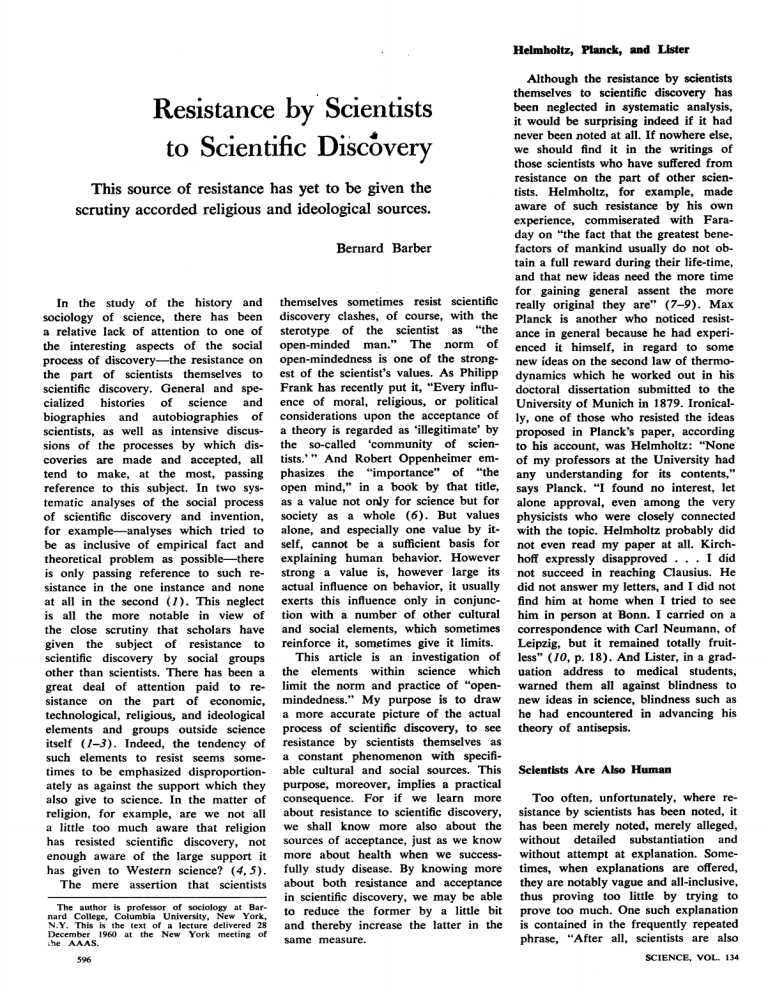One Of The Concerns Scientists Have About Genetically Selected Organisms
In the realm of genetic engineering, the concept of resistance is gaining increasing attention. As scientists explore the potential of genetically selected organisms, they are met with a myriad of concerns, one of which is the issue of resistance. This concern arises from the potential for genetically modified organisms (GMOs) to develop resistance to pests, diseases, and environmental changes, which could have far-reaching implications for ecosystems and agriculture. The intersection of genetic selection and resistance poses significant questions about the sustainability and safety of such practices. As we delve deeper into this subject, it is crucial to examine the implications of resistance in genetically selected organisms and the potential consequences that may arise.
The discussion surrounding resistance in genetically selected organisms extends beyond the laboratory and into the fields of agriculture, public health, and environmental conservation. Scientists are tasked with weighing the benefits of genetic modification against the risks of creating organisms that could outcompete natural species or disrupt ecological balance. As we explore this topic, we will uncover the various facets of resistance and the concerns that accompany the advancement of genetic technologies. This article aims to dissect these concerns and provide a comprehensive understanding of the implications of resistance in genetically selected organisms.
Ultimately, the conversation about resistance in genetically selected organisms is not just a scientific debate; it is a societal conversation that involves ethics, safety, and the future of food production. Understanding these concerns is vital as we navigate the complexities of genetic engineering and its impact on our world.
What is Resistance in Genetically Selected Organisms?
Resistance, in the context of genetically selected organisms, refers to the ability of these organisms to withstand certain adverse conditions, such as pest infestations, diseases, or environmental stresses. This resistance is often engineered through genetic modification, allowing plants and animals to thrive despite challenges that would typically diminish their viability.
Why is Resistance a Concern for Scientists?
Scientists express concern about resistance for several reasons:
- Ecological Balance: Genetically selected organisms could disrupt local ecosystems if they outcompete native species.
- Resistance Development: There is a risk that pests and diseases could evolve resistance to the modifications made, leading to a cycle of increased modification.
- Food Security: The reliance on a limited number of genetically modified crops may threaten food security if these crops fail.
- Health Risks: There are ongoing debates about the long-term health consequences of consuming genetically modified foods.
How Does Genetic Modification Lead to Resistance?
Genetic modification can lead to resistance through several mechanisms:
- Gene Insertion: Specific genes associated with resistance are inserted into the organism's DNA.
- Selective Breeding: Organisms with desirable traits are selectively bred to enhance resistance over generations.
- Crispr Technology: Advanced techniques like CRISPR allow for precise modifications to enhance resistance traits.
What Are the Potential Consequences of Resistance?
The potential consequences of resistance in genetically selected organisms are significant and multifaceted:
- Loss of Biodiversity: The dominance of genetically modified species may lead to a decline in biodiversity.
- Increased Pest Resistance: Pests may adapt to overcome genetic modifications, necessitating stronger chemical interventions.
- Economic Impact: Farmers may face increased costs due to the need for additional pest control measures.
How Are Scientists Addressing the Concerns of Resistance?
Scientists are actively researching ways to mitigate the concerns surrounding resistance in genetically selected organisms. Some of the strategies include:
- Integrated Pest Management: Combining genetic modification with traditional pest management techniques.
- Monitoring and Regulation: Establishing guidelines for the monitoring of genetically modified organisms in the environment.
- Public Engagement: Involving the public in discussions about the benefits and risks of genetic modification.
What Role Do Ethics Play in the Discussion of Resistance?
Ethical considerations are paramount in discussions about resistance in genetically selected organisms. Key ethical questions include:
- Responsibility: Who is responsible for the consequences of genetic modifications?
- Transparency: Should companies disclose information about the genetic modifications in their products?
- Informed Consent: Do consumers have the right to know if they are consuming genetically modified organisms?
Conclusion: Navigating the Future of Genetic Selection and Resistance
Resistance remains one of the primary concerns scientists have about genetically selected organisms. As we advance in our understanding of genetics and biotechnology, it is crucial to address these concerns thoughtfully and responsibly. The balance between innovation and ecological preservation must guide our approach to genetic modification. Ultimately, fostering a dialogue between scientists, policymakers, and the public will be essential in navigating the complex landscape of genetically selected organisms and the implications of resistance.



ncG1vNJzZmixn6PAtr7IZqWeq6RjsLC5jq2pnqaUnruogY6rnKyho6mur6%2FEZqannV2ks27Ax55knKeemLKzutJmqpyhlaPBqr%2FTrGShmaaaeqKuzq6rZp%2BVo7K1tcKao6WxXaiyrbHCrZydZpipuq0%3D